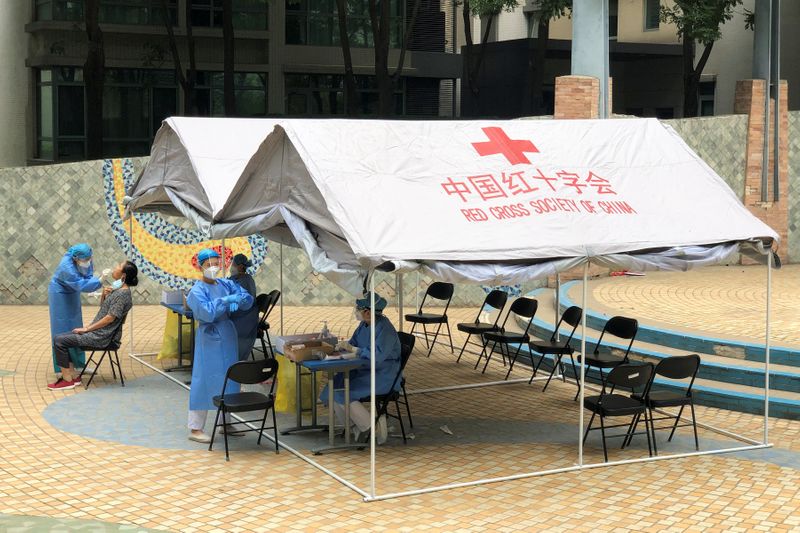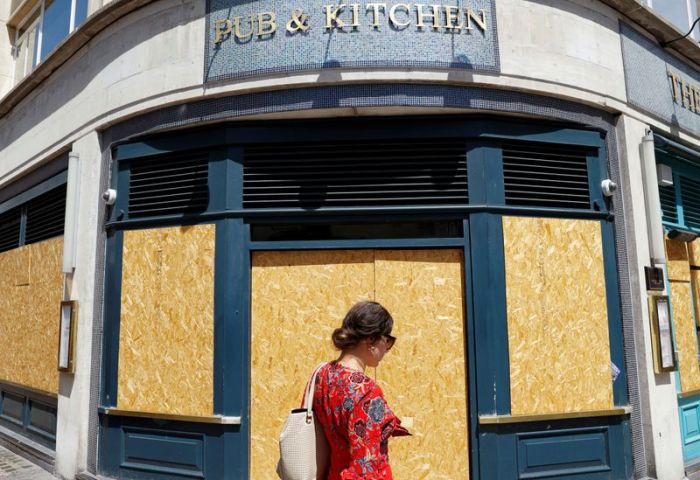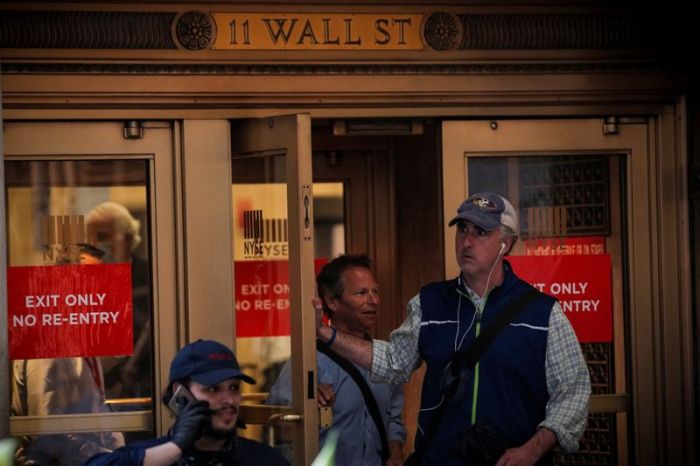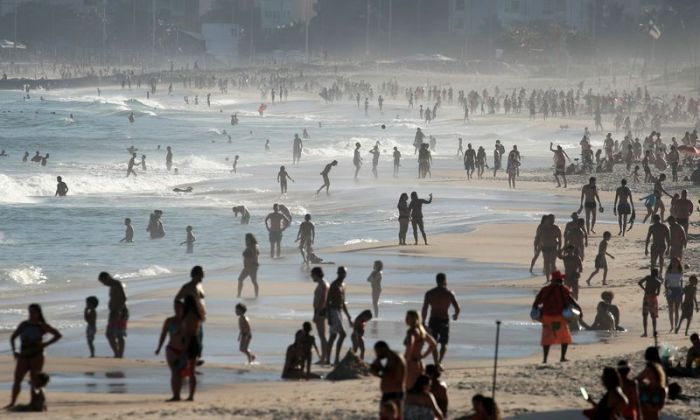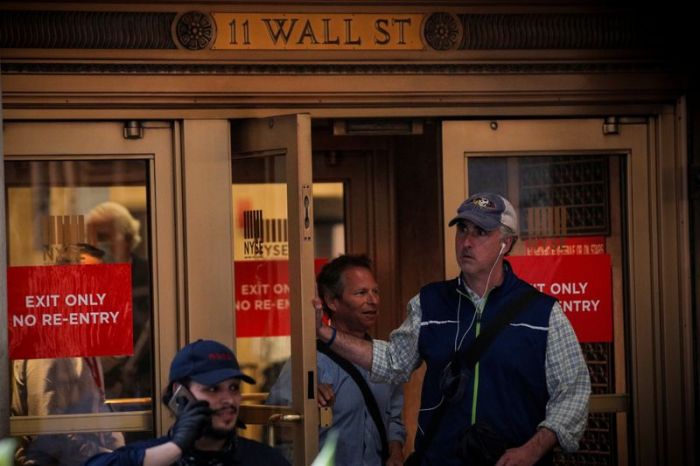BEIJING (Reuters) – Beijing’s mass testing for the new coronavirus will soon enter a “fast track”, a senior municipal health official said on Tuesday, suggesting that COVID-19 screening in China’s capital is about to gather pace in efforts to curb the latest outbreak.
The city of more than 20 million residents reported its first case in the latest outbreak on June 11. The infections were linked to Beijing’s sprawling Xinfadi wholesale food centre.
Since then, 249 people have been infected in Beijing’s worst outbreak since the novel coronavirus was identified at a seafood market in the central Chinese city of Wuhan late last year.
Beijing can now administer more than 300,000 nucleic acid tests per day compared with 40,000 in March, Zhang Hua, deputy director at the Beijing Municipal Health Commission, told reporters.
Beijing took samples from 2.95 million people between June 12 and June 22, Zhang said.
Residents in so-called high and medium-risk neighborhoods have been told to take tests. Beijing has designated five neighbourhoods as high-risk and 39 as medium-risk, as of Tuesday.
People can leave and enter medium-risk neighbourhoods, but apartment blocks with two confirmed cases or more will be locked down. In high-risk neighbourhoods, an entire residential compound is locked down if there is even one infection.
“The strategy of Beijing’s nucleic acid screening is mainly based on the level of risk and on severity,” Zhang said, when asked if everyone in Beijing would be tested.
Testing will be done in batches and according to the profile of individuals, he said.
Beijing has also been expanding its testing regime to other parts of the city, amid concern the virus may have spread.
A few people who were not among the close contacts of the confirmed cases have tested positive for COVID-19 even though they had not visited Xinfadi, according to official reports.
“We’ll give priority to testing high-risk groups in Xinfadi and other markets involved in the outbreak as well as surrounding communities,” Zhang said.
“On this basis, we’ve tested workers in restaurants, supermarkets, marketplaces, as well as residents in high-risk neighbourhoods. Food delivery workers and parcel couriers have also undergone large-scale testing.”
(Reporting by Martin Pollard, Roxanne Liu, Lusha Zhang, Se Young Lee and Ryan Woo; editing by Gareth Jones, Larry King)

